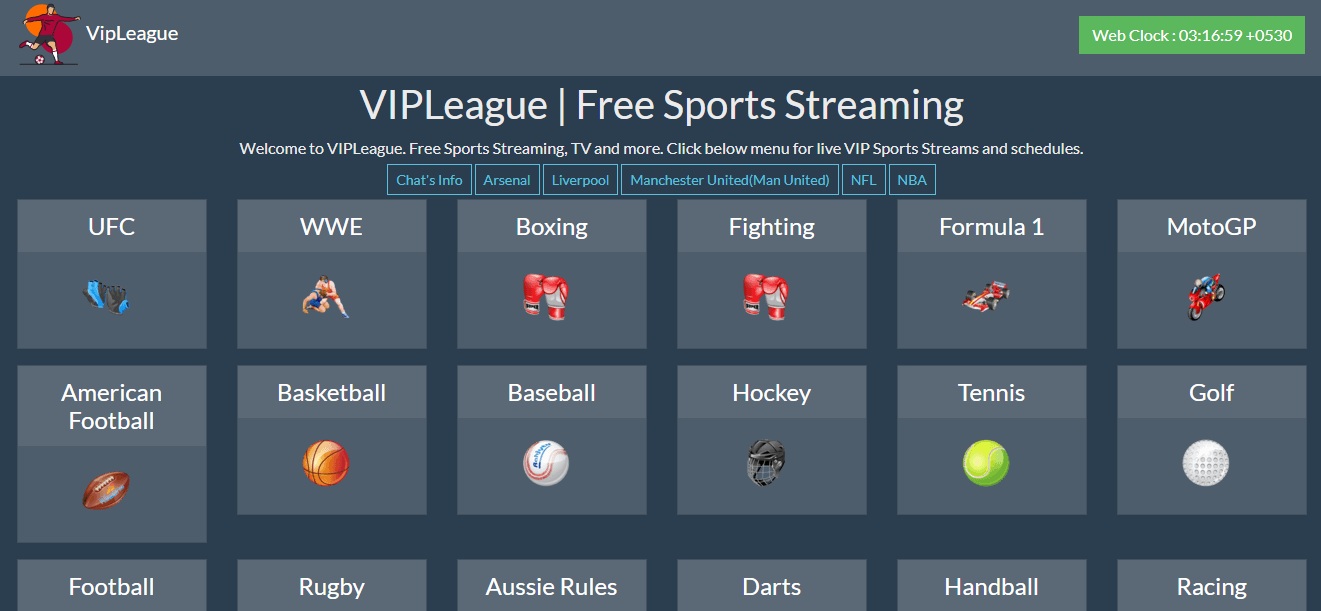To understand sales tax compliance will be quite tricky. But, there is a lot to learn, deadlines to watch out, and ways to unintentionally have an unwanted attention of the state auditor. So, to help you to avoid audit, we have compiled the list of top 5 sales tax compliance tips for your business that you must avoid. Actually, micro businesses have higher compliance risk compared to the small businesses as they generally have the higher proportion of the sales from internet and don’t have any budget for the software that will help to manage the sales, CRM or shipping. Here is how you can evaluate or improve sales tax compliance for your current and potential business clients:

1. Understand State Requirements
Start by defining sales tax nexus requirements of the states that your clients do business with or determine what the current procedure is for charging and determining sales tax. Or are there any gaps? Then, you need to evaluate nexus requirements for the states that your client might start doing the business with, and determined by their marketing or advertising efforts, and location of the website viewers (through Google Analytics). Even though your clients are compliant currently, they may not have the system in place that will ensure the tax compliance with extra territories. So, make a note of threshold of sales tax nexus for every jurisdiction. It is very important that you do not file for the local tax license very early as it will result in the time wasted for filing $0 returns.
2. Determine the tax liability just by understanding the changing nexus rules
Whereas most of the business people have certain concept of sales tax nexus—but connection between the business and taxing jurisdiction needing sales tax collection or remittance —most are not aware of the dramatic changes of nexus laws happening at present. For instance, did you know that most of the states have passed the laws that need the remote sellers collect sales tax in case they get some amount of the referrals from affiliates? And Congress introduced Marketplace Fairness Act? When passed, this law will authorize the states to have almost all the remote sellers to get sales tax providing the states meet some simplification needs. This can please states, which have worked in lightning speed over past year for implementing the remote seller tax rules, and it is just a tip of an iceberg. All these issues signify year of the intense sales &use tax changes, mainly regarding the nexus.
3. Understand changing tax exemption certificate rules
Filing and tracking exemption certificates, bugaboo of well-intentioned owners, has gotten highly complicated. The businesses managing huge numbers of the exemption certificates confront the difficult challenge while audited to link the specific certificates with the specific transactions. Thus, to prove tax wasn’t due on particular sale. The certificates expire or might be invalid, leaving selling business totally liable for paying the uncollected tax.
4. Check out how to remit the sales on returns
Companies making sure each possible step for diligently tracking or updating changes in the sales &use tax rules, at times inadvertently fail in remitting the accused taxes rightly. For this reason, knowing which type to use, and what to include, are important for every tax season.This will be done easily by review no matter whether the filing schedule has altered as relates to the business revenue, ninety days before remitting for the annual and quarterly taxes every year. This will help you to determine if any new or implemented filing laws can affect the business in every current season. It can help the businesses to avoid any filing errors, which increase risk of audit. That includes failure in prepaying and establishing the payment plans, and remitting late payments, and payment to the incorrect states or jurisdictions.
5. Managing Tax Compliance Yourself
Lots of business owners today take it on themselves for managingeach aspect of the company. It includes operations, sales, marketing, HR, accounting, logistics, tax compliance… list goes on. And it is so much of work! However, there is one thing that you do not need to do.Suppose you will prefer focusing on the strengths as well as outsource your sales tax compliance, you can consider hiring the professional.
Conclusion
Sales tax compliance is not fun, but necessary. Use these tips given above and avoid any common mistakes, just sales tax, and decrease the audit risk.
You may also like: How to disable the Tumblr Safe Mode? Here’s how!




